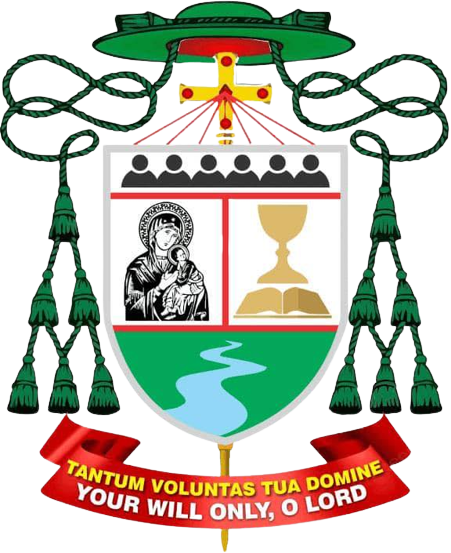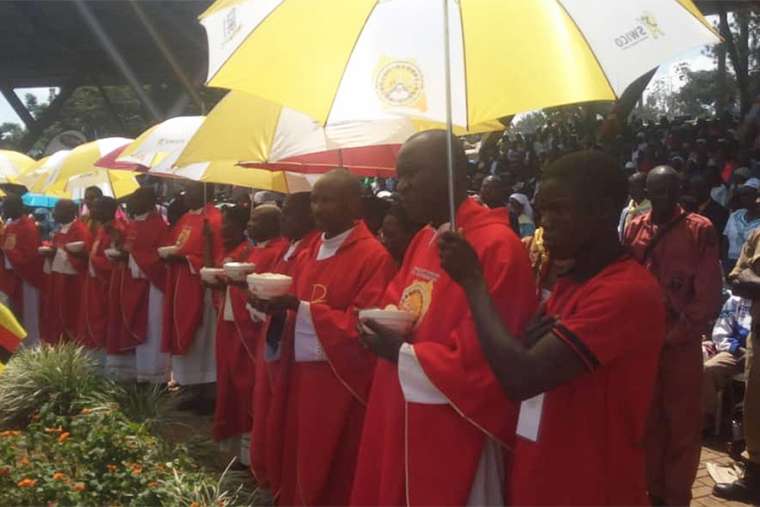A new sex-education program created by the government of Uganda will be rejected by Christian schools unless considerable revisions are made, the Catholic bishops of the country have said.
While a team of Catholic experts was consulted while the program was being created, their suggestions were “substantially ignored” in the final document, the bishops noted.
Among the shortcomings of the new program are that it ignores “the vital role of the family, especially in the early ages” and that it exposes children ages 3-5 years to “content and life skills which are not appropriate for their age.”
Furthermore, the bishops said, the information and life skills provided for upper level students are “open to interpretation and practices which may contrary to moral Christian values.” They also added that the program provides “no provisions or guaranties that school teachers are prepared and able to teach in a balanced and proper way such delicate and emotionally charged topics.”
“As it stands now, the National Sexual Education Framework, though containing some valid ideas and guidelines, fails to answer some crucial questions and address in an adequate manner some important issues,”the Uganda Episcopal Conference said in a statement issued after their plenary assembly earlier this month.
According to 2014 Census data, Roman Catholics constitute the largest religious denomination in Uganda, with nearly 40 percent of the population identifying as Catholic. Another 32 percent are Anglican, while Muslims make up about 14 percent of the population.
The Ugandan bishops emphasized that “contrary to what many people think, the Church is in favor of a positive, age appropriate, culturally and religious (sic) sensitive sex education which upholds moral and Christian values.” “This is the task and shared responsibility of the family, the Church and the state throughout the schools,” they added.
The document is now undergoing a final evaluation by Catholic experts who are compiling suggested amendments to the program, the bishops said.
However, should the document remain unchanged, the Catholic Church in Uganda together with the Orthodox Church have decided “that we shall not be able in conscience to have it introduced and taught in our Christian-founded schools.”

